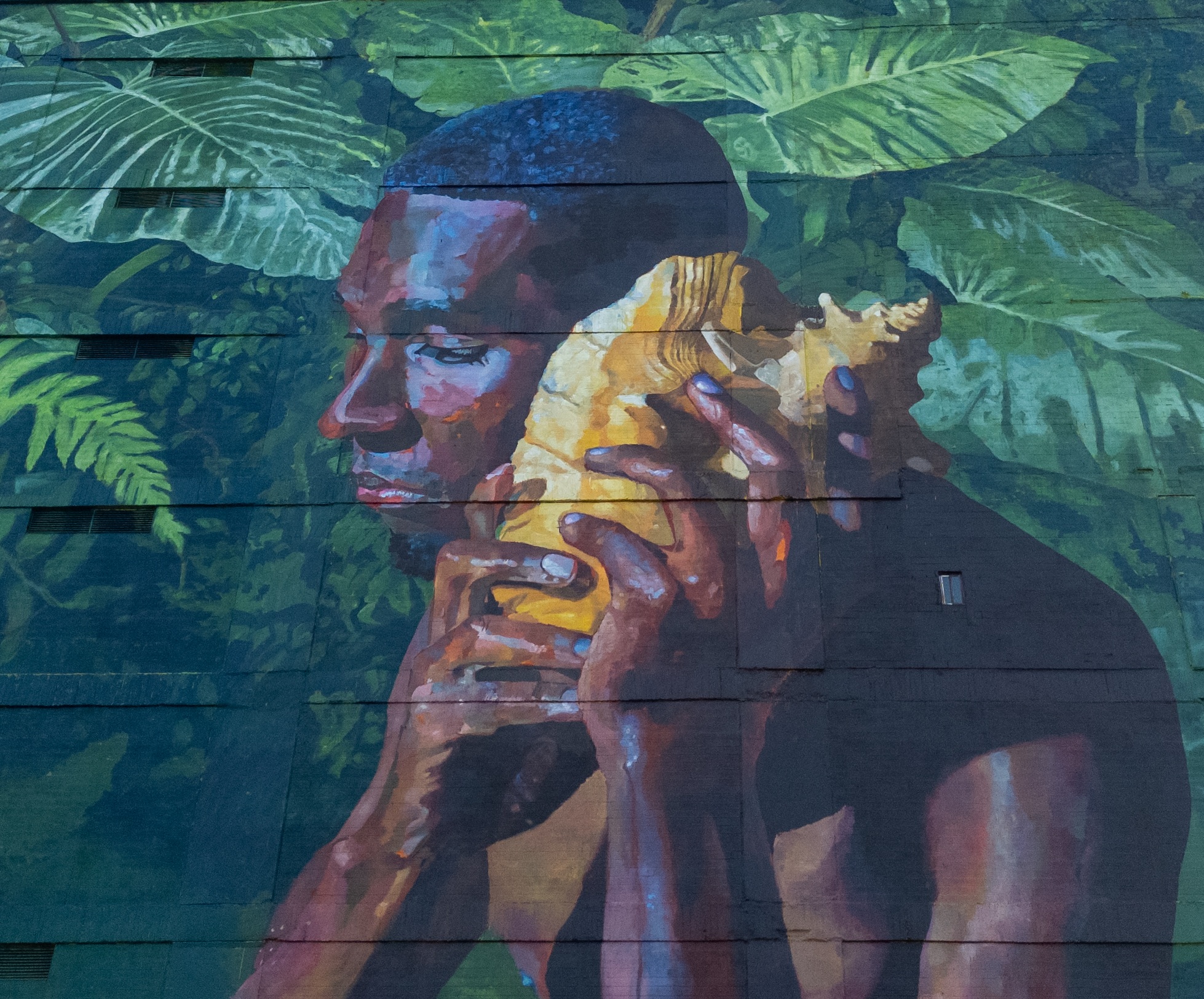Explore Issues
- Arts and Culture
- Decolonizing Thought
- Environmental Justice
- Health
- Languages and Education
- Science
- Social and Gender Justice
- Uncategorized
Filter by Country
-

Medellín Is Also Black
Colombia, 2026. Medellín is a place that has inspired songs such as “Me voy para Medellín” by El Combo de las Estrellas, “Medellín” by Madonna, and even “Medallo City” by Maluma, all of which praise its natural beauty, culture, and nightlife. However, the fantasy conveyed by the international music industry disappears just a few streets…
-

Medellín Is Also Black
Colombia, 2026. Medellín is a place that has inspired songs such as “Me voy para Medellín” by El Combo de las Estrellas, “Medellín” by Madonna, and even “Medallo City” by Maluma, all of which praise its natural beauty, culture, and nightlife. However, the fantasy conveyed by the international music industry disappears just a few streets…
-

Thinking the World from Bolivia
FROM THE EDITORS: Bolivia, before Evo, during his government and even after the coup, is a complex universe understood best by those who live its daily dynamic reality. That is why we turn to Rafael Bautista, an indigenous Bolivian philosopher, who makes an in-depth analysis of the political reality of his country. We leave you…
-

200 Years Later Mayan People Reclaim their History of Independence
FROM THE EDITORS: In Guatemala, people are celebrating the memory of Atanasio Tzul, the first indigenous mayor of the country who, in 1820, led an indigenous uprising against Spanish colonialism, as well as a living example of the struggle for the people’s self-determination. The document below was originally published by Prensa Comunitaria from Guatemala, a…
-

Blackfeet Nation Calls for Permanent Protection of Badger-Two Medicine
FROM THE EDITORS: This article was originally published in Last Real Indians, an independent media movement organization that focus on “story-tellers” to create the “New Indigenous Millennium.” We want to share this article as an interesting and innovative way of protecting indigenous sovereignty, economic and cultural, over sacred territory. Following decades of threat to our…
-

US Supreme Court Upholds Tribal Sovereignty in McGirt v. Oklahoma
SOURCE: Originally published on July 9, 2020, by Indigenous Environmental Network. To learn more about their work, please visit their website at: https://www.ienearth.org/ In a monumental, historic win for tribal sovereignty and Indian Country more broadly, the Supreme Court ruled in favor of the Muscogee (Creek) nation today 5–4, with Justice Gorsuch—a conservative judge and…
-

The Neocolonial Mayan Train
Marxist theory is built upon a critique of the accumulation of capital in the hands of the bourgeoisie, through the exploitation of workers, for which Karl Marx visualizes a solution of redistribution of capital, now in the hands of the socialist state, with the support of the proletariat. However, within the “worker exploitation” concept and…
-

Tlacoculokos in Oaxacalifornia: Decolonizing Art
Tlacoculokos is a collective of two self-taught artists from Tlacolula, Oaxaca, Mexico, Dario Canul and Cosijoesa Cernas, who define themselves as anti-capitalist, punk, and anti-fascist. They were part of the Contemporary Art Specialization Clinics (CEACO) of La Curtiduría in Oaxaca. Heirs to the teachings of the great Mexican muralists, with multimedia and multidisciplinary graphics, they…
-

Sacred Black Hills: An Origin Story that Breaks with Colonialism
UPDATE July 6: At least 15 people were arrested Friday, July 3, as activists blocked a highway to protest Trump’s speech at Mt. Rushmore, to highlight the desecration of sacred lands and as a process of decolonization. For more information, please visit NDN’s website. The Mount Rushmore monument where the faces of George Washington, Thomas…
-

Language Is Not Culture
For many indigenous peoples, land is a specific physical entity, but the notion of territory includes life associated with that land and the cultural manifestations linked to that physical entity, the sense of belonging and the way in which we relate to it. Territory, it has been said emphatically many times, is not just land.…